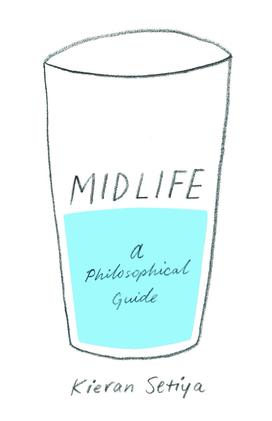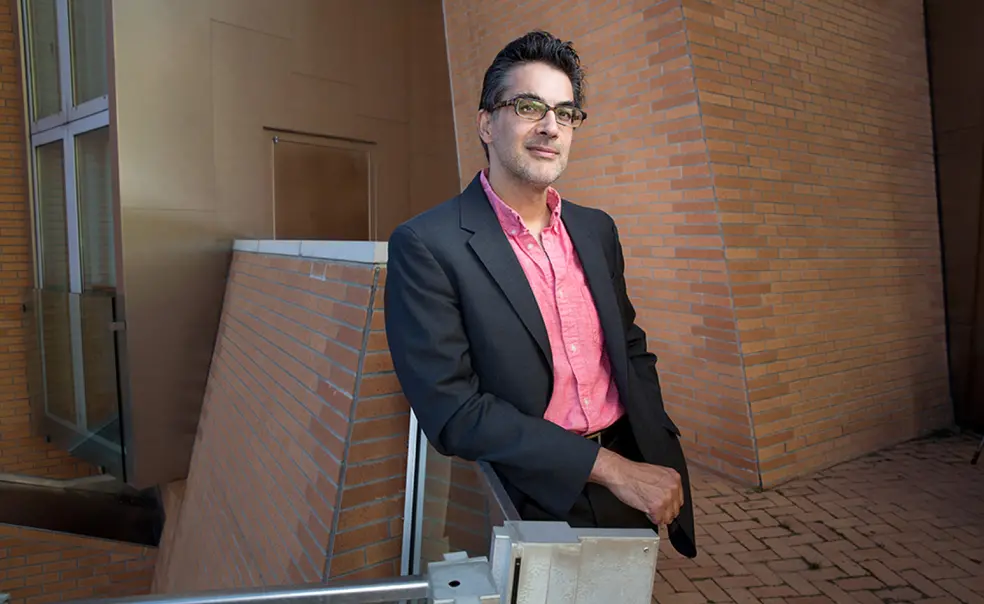A New Prescription for a Midlife Crisis: Philosophy

The book: How do you deal with reaching middle age and realizing that, comparatively, your possible life paths are dwindling, and how do you manage past failings while juggling the mundane preoccupations of the present? Philosopher Kieran Setiya *02 offers insight in Midlife: A Philosophical Guide (Princeton University Press). He argues that contrary to what you may believe, making mistakes are not all bad and that the seemingly unlimited options of youth might not be as valuable as you think. Setiya unveils how, through philosophy, one can find a different perspective on mortality, use meditation to help stay grounded in the present, and how a change perspective could help resolve a midlife crisis.
The author: Kieran Setiya *02 is a philosophy professor at MIT. He is also the author of Reasons without Rationalism and Knowing Right from Wrong.
Opening lines: “In 1965, psychoanalyst Elliott Jaques published the essay that coined the phrase: “Death and the Mid-Life Crisis.” In dissecting the crisis, Jaques quotes a patient in his mid-thirties … If you are reading this book, the odds are good that you relate to this moment. You know how you are supposed to feel, whether you feel that way or not. You have lived long enough to ask, “Is that all there is?” Enough to have made some serious mistakes, to look back on triumphs and failures with pride and regret, to look sideways at lost alternatives, lives you did not choose and cannot live, and to look ahead to the end of life, not imminent but not far off, its distance measured in units you now comprehend: another forty years, with luck.”
Reviews: “Mr. Setiya hopes to lift sufferers out of this dip [of midlife] and help them flourish by conveying the insights of modern philosophy. ... For a philosophy professor, [he] can be refreshingly unstuffy. He doesn't see a flashy sports car as a midlife crisis-mobile, that trite substitute for lost youth and virility. No, he sees it as an opportunity to change from goal-oriented, utilitarian thinking to a life-affirming experience of being in the moment.” — Eric Felten, Wall Street Journal












1 Response
Norman Ravitch *62
8 Years AgoPhilosophy will do no more...
Philosophy will do no more good than religion!